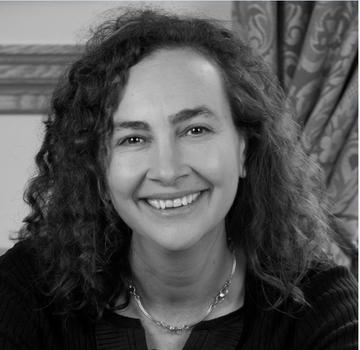
Dr. Sarah Ogilvie, founder of the Dictionary Lab
The Dictionary Lab is a research initiative at the University of Oxford that applies qualitative and quantitative analysis to the study of dictionaries and languages around the world.
Originally set up at Stanford University and now based in the Faculty of Linguistics, Philology, and Phonetics at the University of Oxford, the Lab is open to Oxford students, academics, and collaborators beyond. In the spirit of digital humanities, many of our projects are collaborative and apply digital tools and methods (such as text analysis, data visualization, network analysis, graph theory, and machine learning) to dictionary data in order to ask new questions and create new knowledge.
Research at the Lab focusses on three main areas: research on the languages of the world by analyzing dictionary data; research on general lexicography and lexicology relating to all languages; and research on the history and creation of the Oxford English Dictionary. Often called ‘Forensic Dictionary Analysis', this methodology combines statistical, textual, contextual, and qualitative analyses to achieve a more comprehensive understanding of language, and the making and reception of dictionaries.